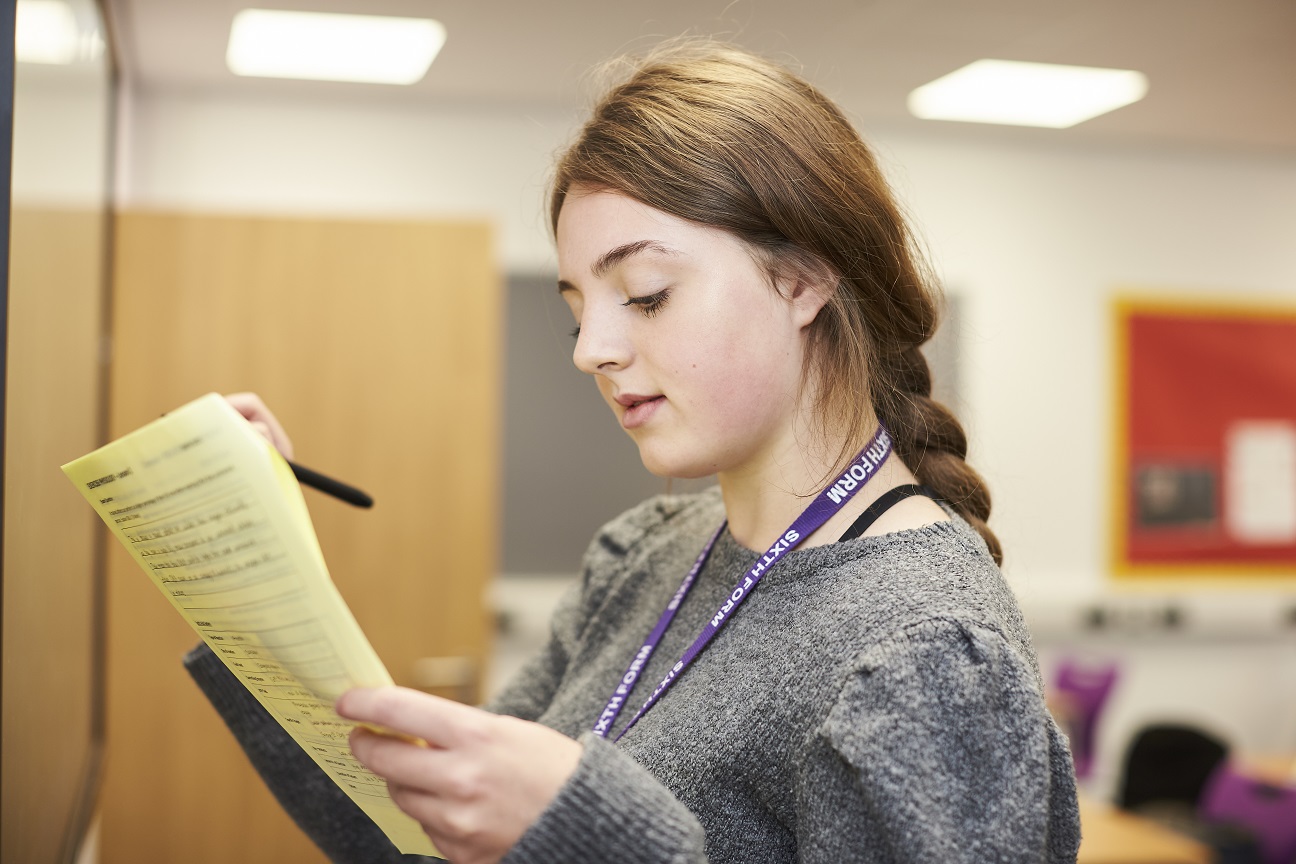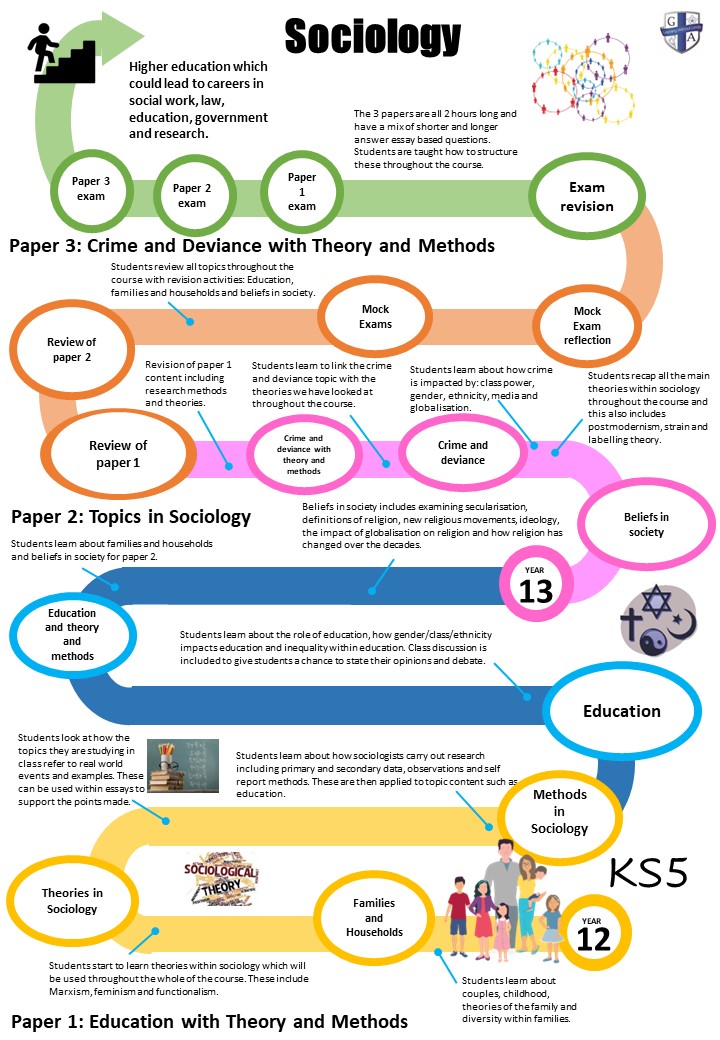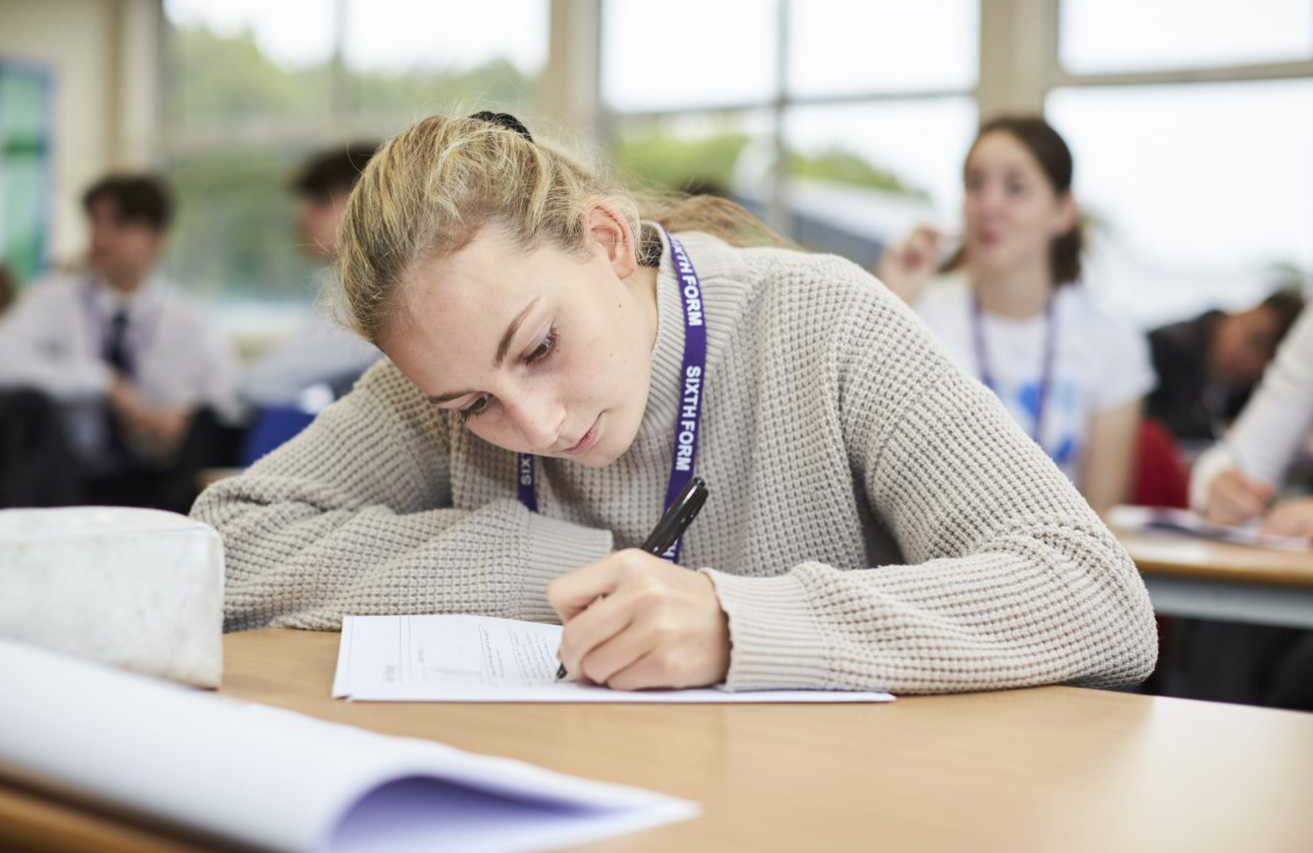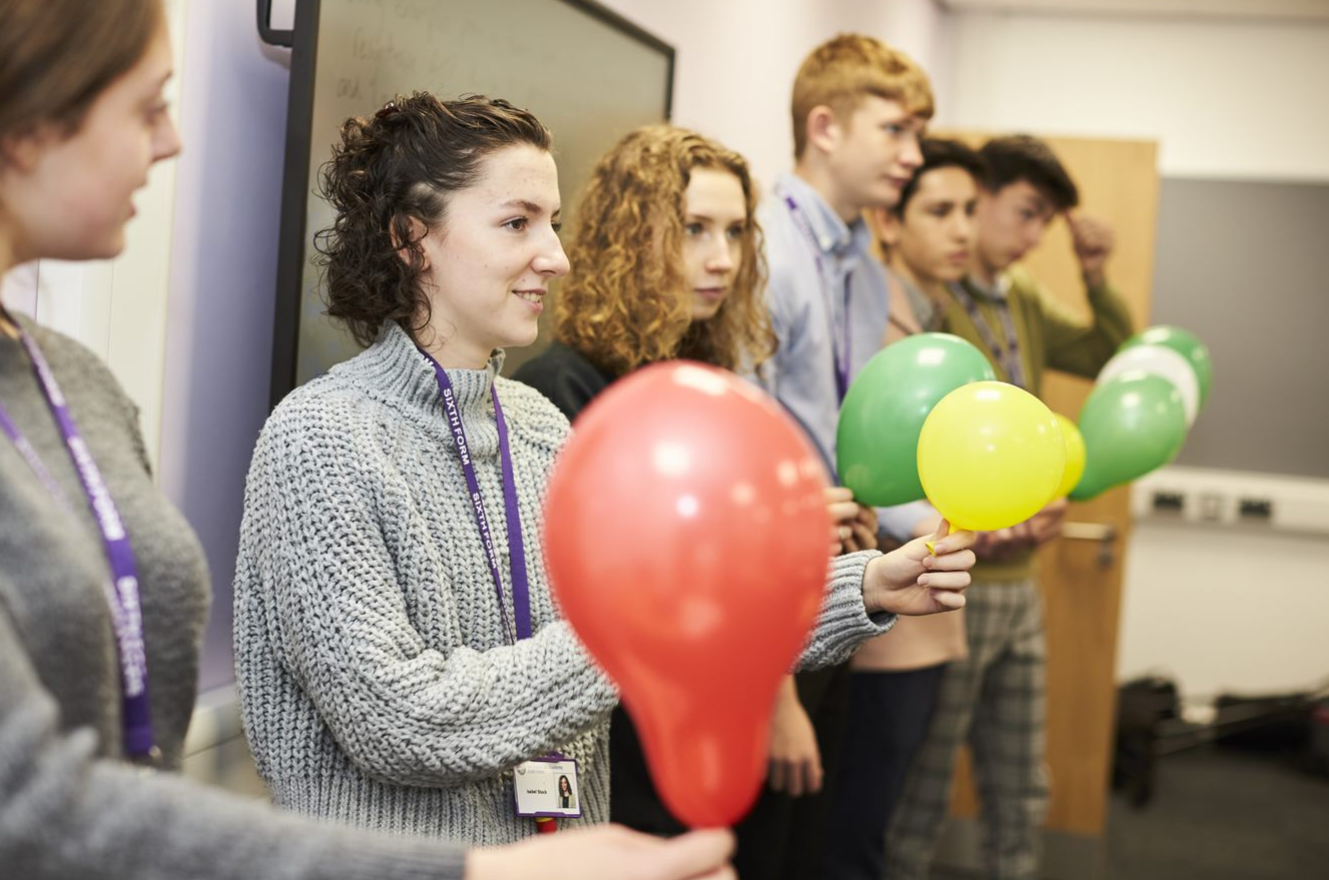Sociology
Sociology is all about understanding the society we live in and how the people around us contribute to who we are. In Sociology, student’s gain an appreciation of smaller (micro) and larger (macro) aspects of society and how they impact areas of education, crime and punishment, families and religion.
Our Curriculum
A level Sociology introduces students to how society and culture impact who we are and our place in society. Student’s gain knowledge about sociological theories and methods and how they can be applied to topics such as education, families, religion and crime.


The function of sociology, as of every science, is to reveal that which is hidden. Pierre Bourdieu
The Framework of our intent
The aim of the Sociology curriculum is to equip students with the appropriate knowledge and skills needed to be able to understand and explain the causes of human behaviour and the impact of this behaviour on wider society.
How will we reach these aims?
We do this using quality first teaching which ensures students understand underlying Sociological principles and can apply them in a variety of familiar and unfamiliar contexts.
We want students to be able to think analytically and reach logical conclusions based on scientific evidence.
Our curriculum in Sociology supports the ethos statements of the school. Students are constantly challenged to work collaboratively and think independently when engaging in all lessons and class debates. Through teacher modelling, we encourage our students to demonstrate manners, respect and tolerance in Sociology lessons. This allows students to express themselves in a confident manner.
Lesson materials are engaging to promote topical discussion and encourage students to develop an enquiring mind.
As a knowledge based curriculum we believe that knowledge underpins and enables the application of skills; both are entwined. Content is delivered to students and then built upon through a variety of practice questions, with regular quality feedback being given to support student progress. The knowledge acquired then allows students to develop their analytical and critical thinking skills.
Our students are introduced to a wide variety of viewpoints from some of the most influential Sociologists throughout history. We study the impact that their work has had on the world we live in and students are encouraged to make links between their studies and real life examples. They are expected to analyse the relative contributions of competing theories in order to discuss their impact on our understanding of human behaviour and society as a whole. In addition to our aims, our curriculum design includes revisiting and building on existing knowledge. We ensure the level of challenge is high enough for the most able, with scaffold and support available for students who need it.
|
Guilsborough Academy Vision |
How we embed this |
|
We aspire to be our best and to do our best for others
|
As a team of teachers who work hard to engage our learners. We work together and constant learn from each other. |
|
We respect ourselves and others
|
Learning about other cultures and theorist. Our discussions allow students to be open and have an understanding of each other and different cultural references in business. |
|
Our learning knows no limits
|
Like the quote above we learn from others. |
|
We are global citizens ready for the 21st Century
|
Learning about issues in sociology and how we can approach them in a well rounded ethical manor. |
Content
PAPER 1 (2 hrs, 33.3%)
Education
Including the role and purpose of education in contemporary society; differential educational achievement of groups by social class, gender and ethnicity; relationships and processes in schools, e.g. pupil subcultures; educational policy.
Research Methods
Understanding the research procedure used in sociological research (design, procedure, analysis and evaluation) within the context of education.
PAPER 2 (2 hrs, 33.3%)
Families and Households
Including changing patterns of marriage, divorce, and childbearing; contemporary family structures; changes of gender roles, domestic labour and power relationships; the nature of childhood; demographic trends in the UK.
Beliefs
Including perspectives of religion; functions of religion (consensus / conflict, as a source of stability / change); social groups and religiosity; religion in the contemporary world; the nature and extent of secularisation.
PAPER 3 (2 hrs, 33.3%)
Crime and Deviance
Including perspectives of crime; social groups and patterns of criminal behaviour; media representation of crime; globalisation, state and green crime; punishment and victims.
Theory and Methods
Sociological perspectives of society; the relationship between sociology and science; sociology, objectivity and value freedom; and sociology and social policy.
The course is designed to allow you to develop a fairly in depth understanding of six key areas of sociology – Education, Research Methods, Families and Households, Beliefs, Crime and Deviance and Theory and Methods. We study both historical and contemporary evidence which helps to further our understanding of how these groups influence our behaviour.
Entry Requirements
Please see the entry requirements document here
Is This Course Right For Me?
Sociology is the study of individuals and groups and the way in which they act together in society. It is an excellent option choice because it is about you, me and the world in which we all live! If you have an interest in people and the different influences on our behaviour, then this is the course for you! We look at issues such as how our families and friends influence our behaviour, and we also study the most effective ways for researching human behaviour. Specific topics that we look at are education, families, crime and beliefs in society. You will need good essay writing skills as well as the ability to keep well organised notes. You will need to complete work outside of the Sociology lessons which may include revision of the lesson content, collecting research evidence, presentations or reading news articles. You need to be able to think critically, evaluate and analyse theories, studies and viewpoints.


Please watch our short video to see what studying Sociology at Guilsborough Sixth Form is like.
Sociology is applicable to the society you live in which makes it really interesting and relevant to you
Kira, Year 12 student
Sociology is very interesting. I like to learn about different aspects of society and how you can apply it to your own life
Ben, Year 12 student
I now see the school system differently as a result of studying Sociology. It changes the way you think and view things
Heather, Year 12 student
Where will A Level Sociology take me past Sixth Form?
CAREERS
Because ‘society’ is such a broad field of study, a Sociology qualification supports lots of different higher education choices, in addition to supporting many career areas. Some people may enter into careers in social work, foreign aid, or child welfare. Some sociologists focus on crime and deviance and conduct studies of juvenile delinquents, female criminals, or other subgroups of offenders which could prepare people for careers in law or the police force. Many people study sociology because they want to develop better ways of educating young people and therefore may enter into teaching or lecturing. Other possible areas include journalism and business management, where it is essential to have a good understanding of the behaviour of individuals and groups in society.
Please visit out Careers Guidance page for more information
UNIVERSITY
Some examples of universities and their entry requirements to study Sociology and other related degrees are;
Plymouth University Bsc (Hons) Psychology and Sociology requires BBB
University of Birmingham BA (Hons) Sociology and Childhood Studies requires ABB
Coventry University BA (Hons) Sociology and Criminology requires BBC
Royal Holloway, University of London LLB Law and Sociology requires AAB

